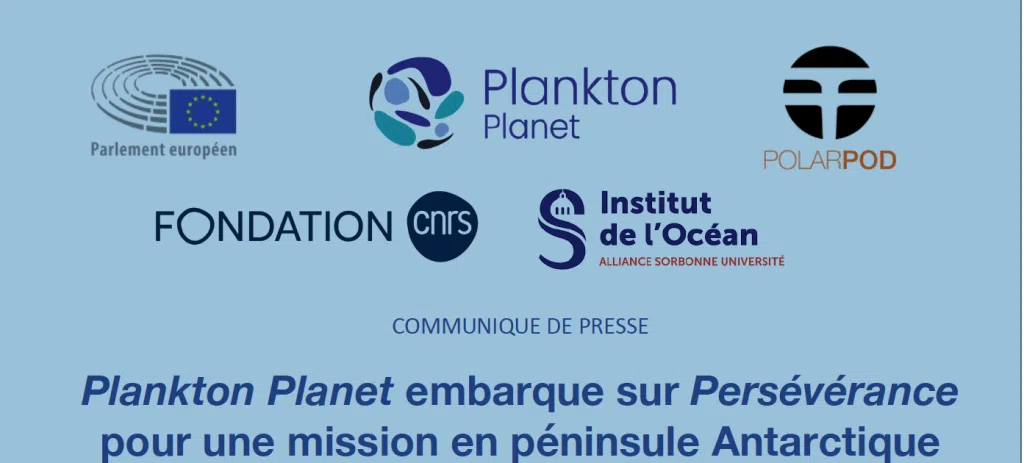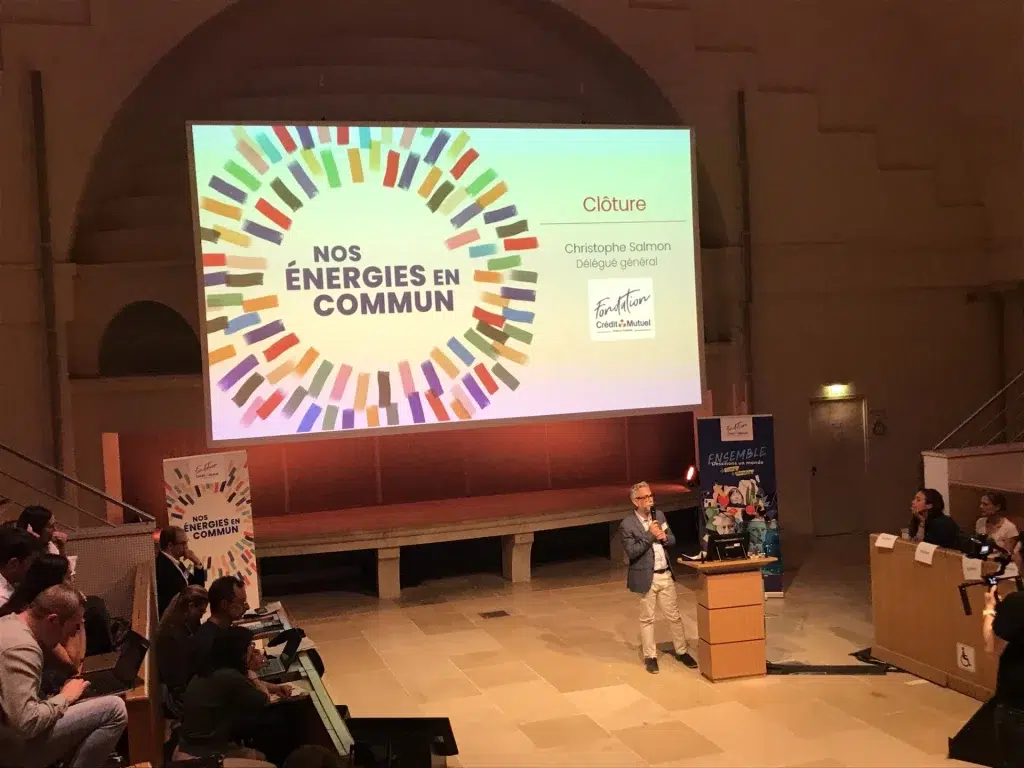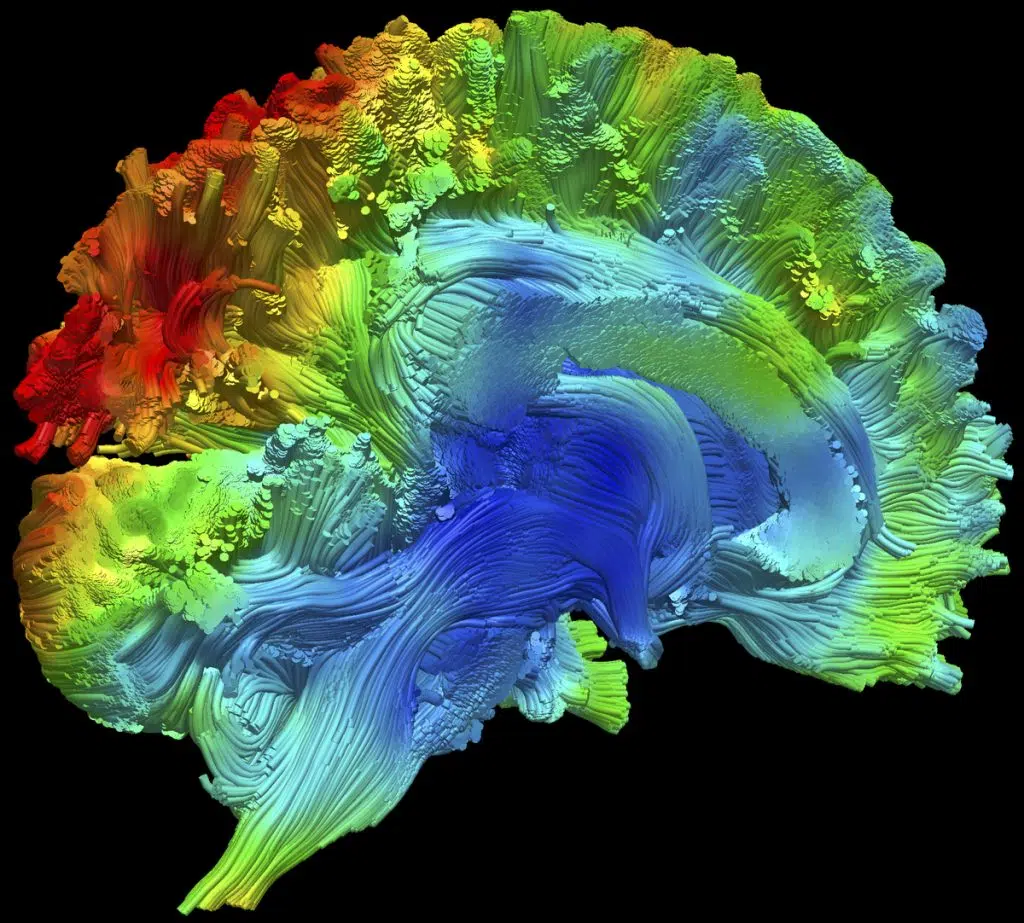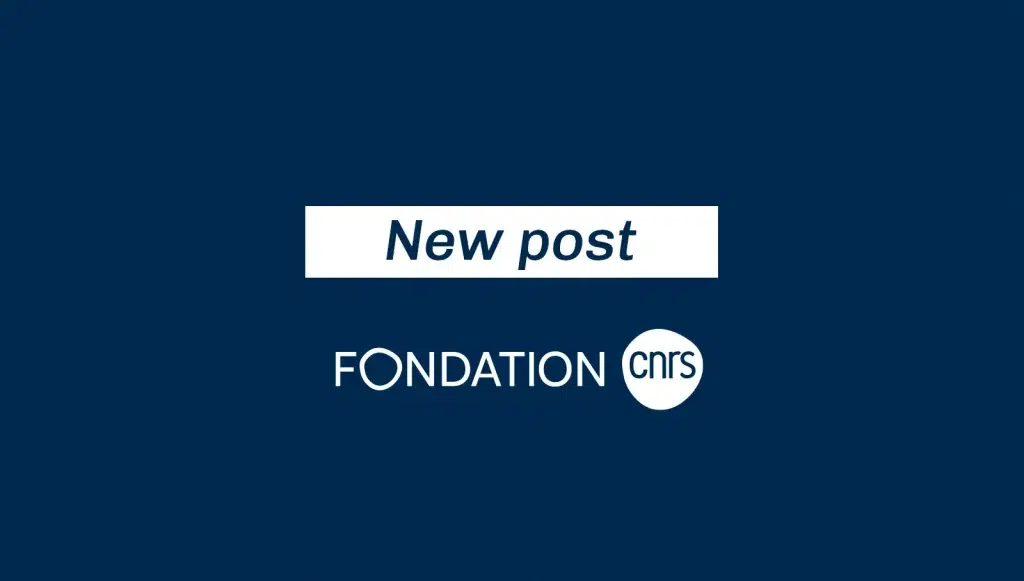Roscoff, January 17, 2024,
On the initiative of MEP Catherine Chabaud and CNRS biologist Colomban de Vargas, the participatory oceanology program Plankton Planet is embarking this Wednesday, January 17, 2024 on Persévérance, the polar exploration and supply schooner of the future Polar Pod designed by Jean-Louis Etienne. During the ship’s three-week rotation in the Antarctic Peninsula, the team will install its new “frugal” instruments (relatively inexpensive, open source and designed for simple use in the field), aimed at discovering and measuring the microscopic life that teems in marine waters and regulates the planetary ecosystem.
This mission will also allow us to film and illustrate the first steps of this new science on board Perseverance: the instruments, their use, the crew’s return to discover the marine microbiome, and the long-term vision of a universal and ‘seatoyenne ‘ measure of the invisible life of the ocean.
Invisible yet essential
Seawater contains between 10 and 100 billion organisms per liter, most of them invisible to our eyes. This makes saltwater the planet’s largest ecosystem. Today, we’re beginning to understand that this invisible living majority that has been floating and evolving with the currents for 4 billion years is one of the most fundamental regulators of our planet’s functioning, as well as the biological foundation that supports all the populations of algae, animals and humans that live in or near the sea. It is responsible, for example, for the vast majority of oxygen on Earth, which quite simply enabled the appearance and evolution of animals.
Measuring the microbiome on a global scale
Knowing the biodiversity of this invisible planetary living world – who are these organisms, where and when do they form balanced assemblages, and how do they function, all together? – is one of the great scientific challenges of the century to come. It’s also a responsibility, because we need to understand how the biological foundation of ecosystems reacts to the local and global impacts of humans on the biosphere. To do this, we need to measure the microbiome on a recurring and homogeneous basis, across the seasons and above all on the planetary spatial scale of the ocean, which forms a large interconnected whole.
Science within reach of sea users
The ‘Plankton Planet‘ program proposes a solution for achieving this planetary measurement of the ocean microbiome: a new generation of sufficiently simple and relatively inexpensive (so-called ‘frugal’) instruments , enabling standardized measurement of biocomplexity by the ‘seatoyens – all explorers and users of the seas, be they scientists, sailors, yachtsmen or industrialists.
In 2023, Plankton Planet took a major step forward with the Bougainville mission and its integration aboard French Navy vessels. This led to the creation of ‘Biodiversity Officer Aspirants‘ positions, enabling Sorbonne University students to spend a gap year exploring the ocean microbiome on overseas vessels of the French military fleet1.
A new step was taken at the beginning of 2024, with the installation of the protocol on board Persévérance, the polar schooner designed by explorer Jean-Louis Etienne. Under the impetus of Catherine Chabaud, sailor, Member of the European Parliament and godmother of Perseverance, and Colomban de Vargas, marine biologist and director of research at CNRS, and with the support of the CNRS Foundation and theInstitut de l’Océan of Sorbonne Université, a small team is now joining the sailing cargo ship for the P3 mission(Plankton Planetonboard Perseverance). They will set sail this Wednesday, January 17, 2024 from Puerto Williams, on the south shore of the Beagle Channel. They will then cross the Drake Passage to explore the ecosystems of the Antarctic Peninsula.
Why it’s a good idea to take these frugal instruments on board Persévérance
During these three weeks of sailing, filmmaker Dorothée Adam and engineer-biologist Noan le Bescot will not only be able to test the ‘Plankton Planet’ instruments in the most eccentric and challenging sailing conditions, but also to film and illustrate the scientific protocols in enchanting landscapes, within one of the last remaining wild ecosystems on Earth. The aim will also be toteach the protocols to the crew of Perseverance, so that standard sampling and measurement of the ocean microbiome can continue on board during the schooner’s missions.
Perseverance, the supply vessel for the futurePolar Poddrifting station, will be navigating in areas that are extremely difficult to access. The Southern Ocean is a powerful basic regulator of climate and Earth system functioning, yet it is changing faster than ever under global anthropogenic impacts, including warming, acidification, and deoxygenation of marine waters. Perseverance will carry the torch of planetary seatoyan measurement of ocean life to the most poorly understood and climatically important areas of our blue planet.
Jean-Louis Etienne: “Exploration and educational sharing have always been the driving forces behind my expeditions. I know from experience that the field gives legitimacy and strength to what we say. It helps to build attractive bridges between science and education. So it gives me great satisfaction to contribute with Persévérance to the magnificent and rich Plankton Planet program. “
Michel Mortier, Managing Director of the CNRS Foundation: “Like the ocean, the study and conservation of biodiversity is one of the priorities of the CNRS Foundation. We are therefore delighted to be able to lend our financial support to the ambitious participatory oceanology program Plankton Planet and to the ship Persévérance’s mission to the Antarctic Peninsula. ”
Christophe Prazuck, Director of the Institut de l’Océan at Alliance Sorbonne Université: “The Institut de l’Océan leads the Bougainville mission deployed in the Indian Ocean and Western Pacific. By supporting Catherine Chabaud’s initiative, we are adding the Southern Ocean to our areas of investigation and innovation. It’s a great opportunity that opens up new avenues. Fair winds and following seas . “
Catherine Chabaud:“I’m proud to support this participatory science program, which illustrates an original implementation of the Starfish Mission of the Horizon Europe program and is an EU contribution to the Decade of Ocean Sciences for Sustainable Development“.
Colomban de Vargas: “This is the first time our frugal instruments have been to the Antarctic Peninsula, and what’s more on an extraordinary ship that will be exploring circum-polar waters for decades to come. A further step towards the continuous, global measurement of the marine microbiome by ‘seatizens’, which we dream of having implemented by 2030. ”
Contacts :
European Parliament:
Catherine Chabaud – catherine.chabaud@europarl.europa.eu
Plankton Planet/CNRS:
Colomban de Vargas – vargas@sb-roscoff.fr
Perseverance:
Elsa Etienne – epe@polarpod.fr
CNRS Foundation:
Barbara Ciaramella – barbara.ciaramella@cnrs.fr
Institut de l’Océan de Sorbonne Université:
Christophe Prazuck – christophe.prazuck@sorbonne-universite.fr
Note:
1/ Further information: https: //mission-bougainville.fr




